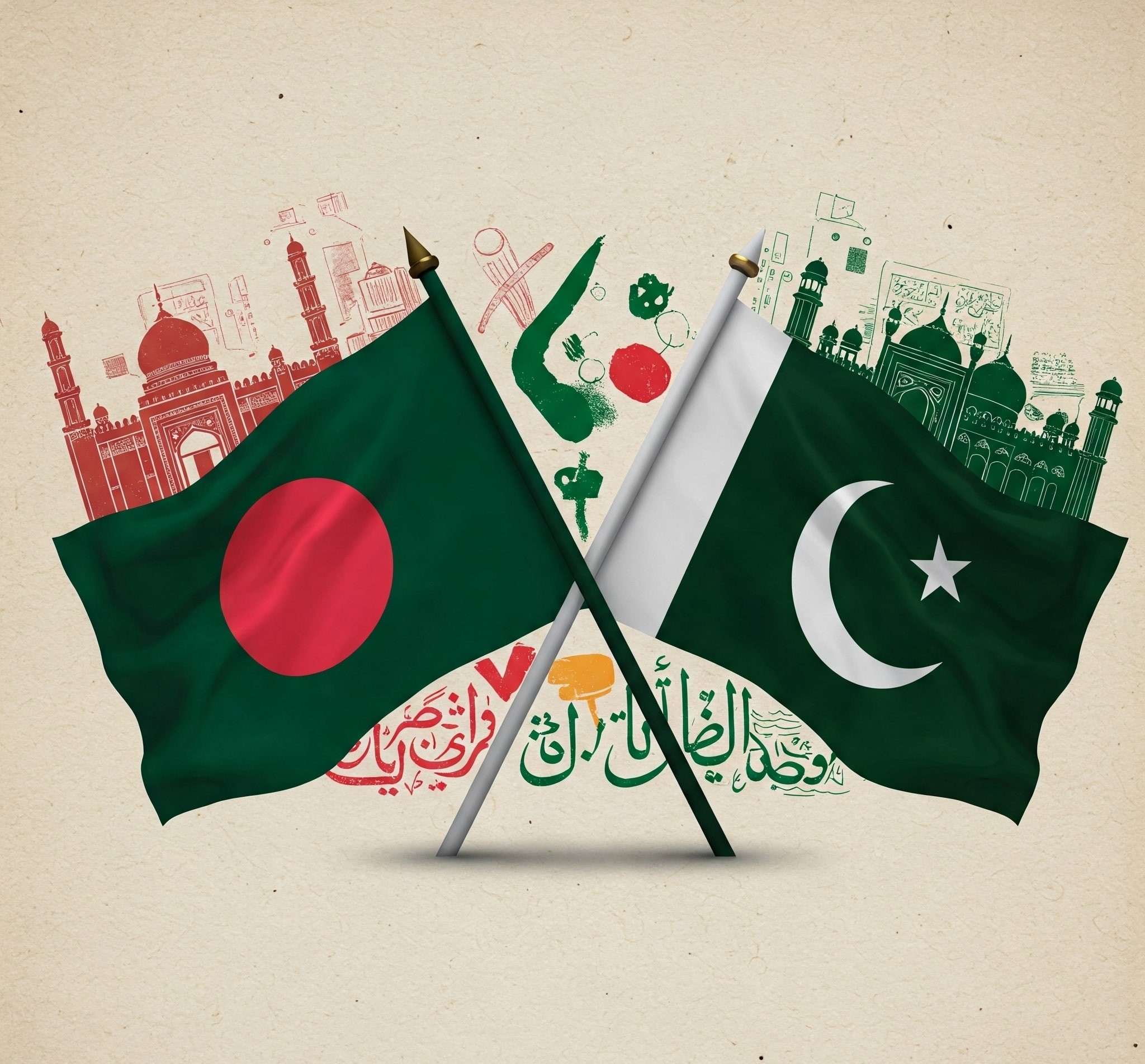This content is restricted to site members. If you are an existing user, please log in. New users may register below.
Strategic Autonomy and Pragmatic Engagement: Rethinking Bangladesh–Pakistan Relations

Reading Time: 8 minutes The trajectory of Bangladesh’s foreign policy since independence in 1971 has been defined by pragmatism, restraint, and a persistent drive to protect its sovereignty. Anchored in the constitutional principle of “friendship to all, malice toward none,” Dhaka’s foreign relations have sought to strike a careful balance between neighbourhood sensitivities and broader international cooperation. This balancing act is particularly delicate when it comes to its complex relationship with Pakistan, the very state from which it emerged after a bloody war of liberation. While the events of 1971 form a non-negotiable foundation of national identity, the contemporary geopolitical climate necessitates a more calculated reassessment of the Bangladesh–Pakistan relationship. The question is no longer whether reconciliation is possible, but whether limited, interest-based engagement can yield mutual benefits without compromising core national interests. The rise of multipolarity, shifting trade corridors, and evolving military doctrines demand that countries in the Global

